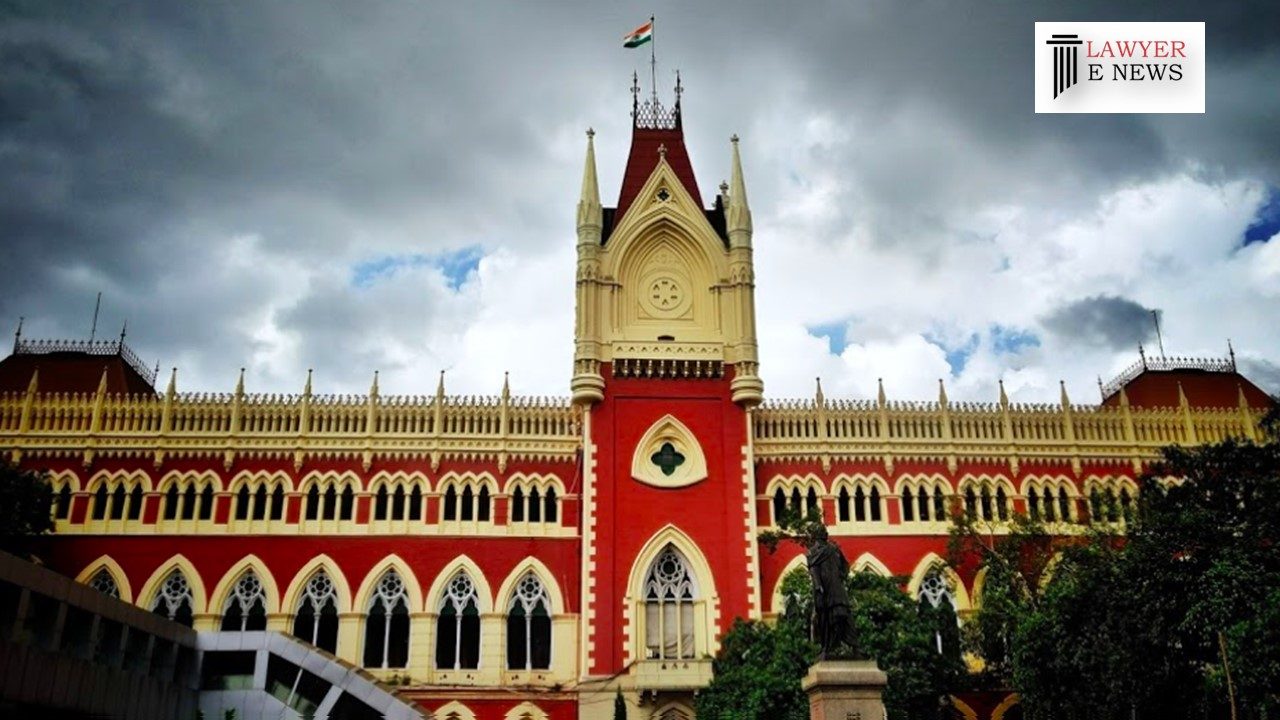-
by Admin
15 February 2026 5:35 AM



High Court affirms its authority under Section 29-A of the Arbitration and Conciliation Act, 1996, allowing post-termination extension of arbitrator's mandate.
In a significant judgment, the Calcutta High Court has ruled that it retains the authority to extend the mandate of an arbitrator even if the application under Section 29-A of the Arbitration and Conciliation Act, 1996, is filed post-termination. The decision was delivered by Hon’ble Justice Sabyasachi Bhattacharyya, who underscored the judiciary's discretion and the legislative intent behind Section 29-A.
The case, titled Ashok Kumar Gupta vs. M.D. Creations and Ors. (AP/37/2024), involved a dispute over the extension of an arbitrator's mandate after its termination. The primary issue was whether the court could extend the mandate of an arbitrator if the application under Section 29-A was submitted after the statutory period had expired. The petitioner, represented by Mr. Farhan Ghaffar and Ms. Antara Biswas, argued for the extension, while the respondents, represented by Mr. Rahul Karmakar, opposed the application citing a precedent from a coordinate bench judgment.
The court highlighted the discretionary power vested in the judiciary under Section 29-A. Justice Bhattacharyya noted, "The language of Section 29-A allows for the extension of an arbitrator’s mandate either before or after its termination, emphasizing judicial discretion and sufficient cause as paramount considerations."
Addressing the respondent's reliance on the judgment in Rohan Builders (India) Pvt. Ltd. vs. Berger Paints India Limited, the court noted that this precedent had been stayed by the Supreme Court, which meant it did not operate as a binding precedent. The judgment also considered contrary views from the Delhi and Bombay High Courts, which were found persuasive.
Justice Bhattacharyya extensively discussed the principles of judicial discretion under Section 29-A. He observed, "The statutory language does not impose an absolute bar on extending the mandate post-termination. The absence of explicit prohibitive language indicates legislative flexibility intended to avoid procedural deadlocks and facilitate arbitration."
Justice Bhattacharyya remarked, "The termination of an arbitrator’s mandate, as envisaged under Section 29-A, is not intended to throw the arbitral proceeding into a cul-de-sac, thereby frustrating the purpose of the statute itself. The power of the court to extend the mandate remains unfettered by any timeline."
The judgment delved into the legislative intent behind Section 29-A, emphasizing its purpose to encourage arbitration and ensure speedy dispute resolution without excessive court intervention. The court highlighted that the provision was designed to be flexible, allowing judicial intervention to prevent arbitral proceedings from becoming cul-de-sacs due to procedural delays.
The Calcutta High Court's ruling reinforces the judiciary's commitment to facilitating arbitration and underscores the significance of judicial discretion in extending an arbitrator's mandate. By allowing the extension application post-termination, the judgment aligns with the legislative intent to promote arbitration as an effective dispute resolution mechanism. This landmark decision is expected to influence future cases, providing clarity on the judiciary's role in extending arbitral mandates.
Date of Decision: 18.07.2024
Ashok Kumar Gupta vs. M.D. Creations and Ors.
